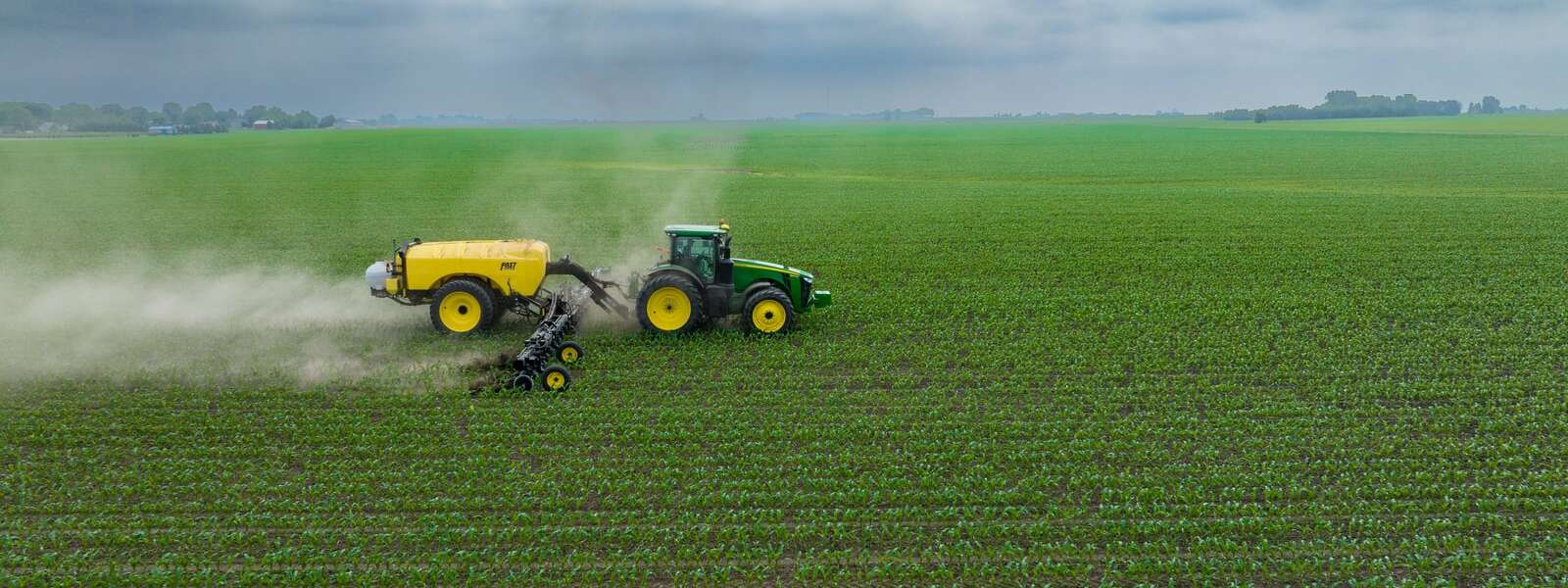As high prices continue to hinder farmers’ access to fertilizer and with concerns of a coming global food shortage, one University of Guelph soil researcher calls for governments worldwide to subsidize fertilizer.

Dr. Manish Raizada is a professor in the Department of Plant Agriculture in the Ontario Agricultural College who studies the development of low-cost technologies and natural biological resources to replace synthetic nitrogen fertilizers and pesticides for growing corn and other crops.
Notably, he is developing crop seeds that would grow into plants able to provide their own nitrogen, without the need for synthetic fertilizers.
With ongoing crises, notably rising oil and gas prices amid the Russia-Ukraine war, it’s “critical for governments around the world to subsidize the price of fertilizers” to ensure income for farmer households and global food security, he says.
Less fertilizer means farmers produce less food, says Raizada. That affects not only food supplies but farmers’ livelihoods.
For example, he says, Canadian and American corn farmers make one cent per corncob on average. “Any increase in farming inputs reduces this marginal profit.”
The current scenario involving fertilizer prices reminds him of gas and oil price increases in 2007-09, when about 150 million people around the world suffered malnutrition.
“Without fertilizer, yields will collapse and families will be pushed into chronic malnutrition and further poverty,” he says.
Governments also need to provide subsidies to farmers for experiments and to adopt fertilizer reduction approaches in the short term, adds Raizada. In the longer term, governments need to continue funding research into more sustainable alternatives, including probiotic microbes.
Raizada recently discussed fertilizer shortages in a global webcast hosted by the United Nations Food and Agriculture Organization, and ways to reduce fertilizer dependency with The Climate Question by BBC World Service.
He is available for interviews.
Contact:
Dr. Manish Raizada
raizada@uoguelph.ca
